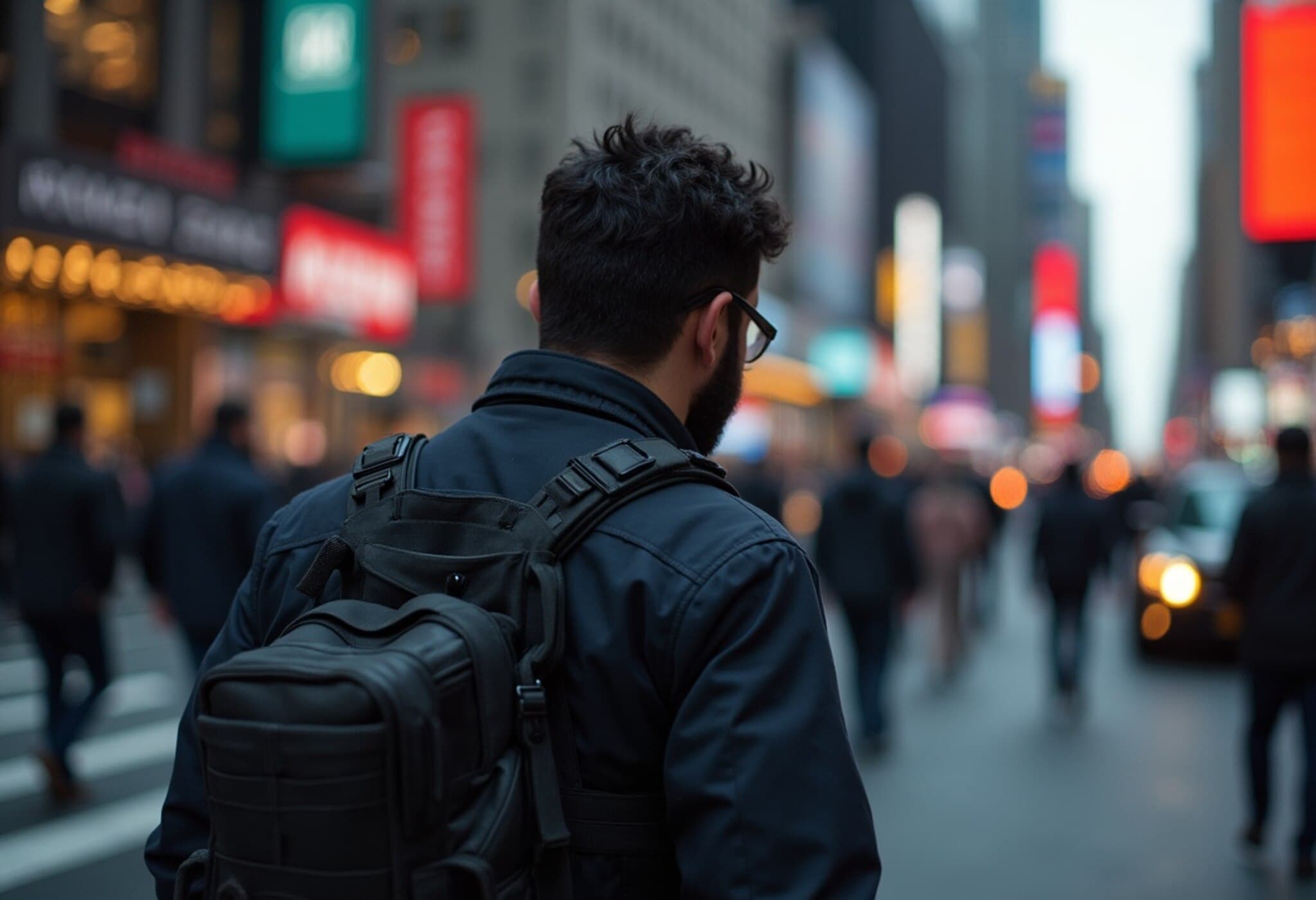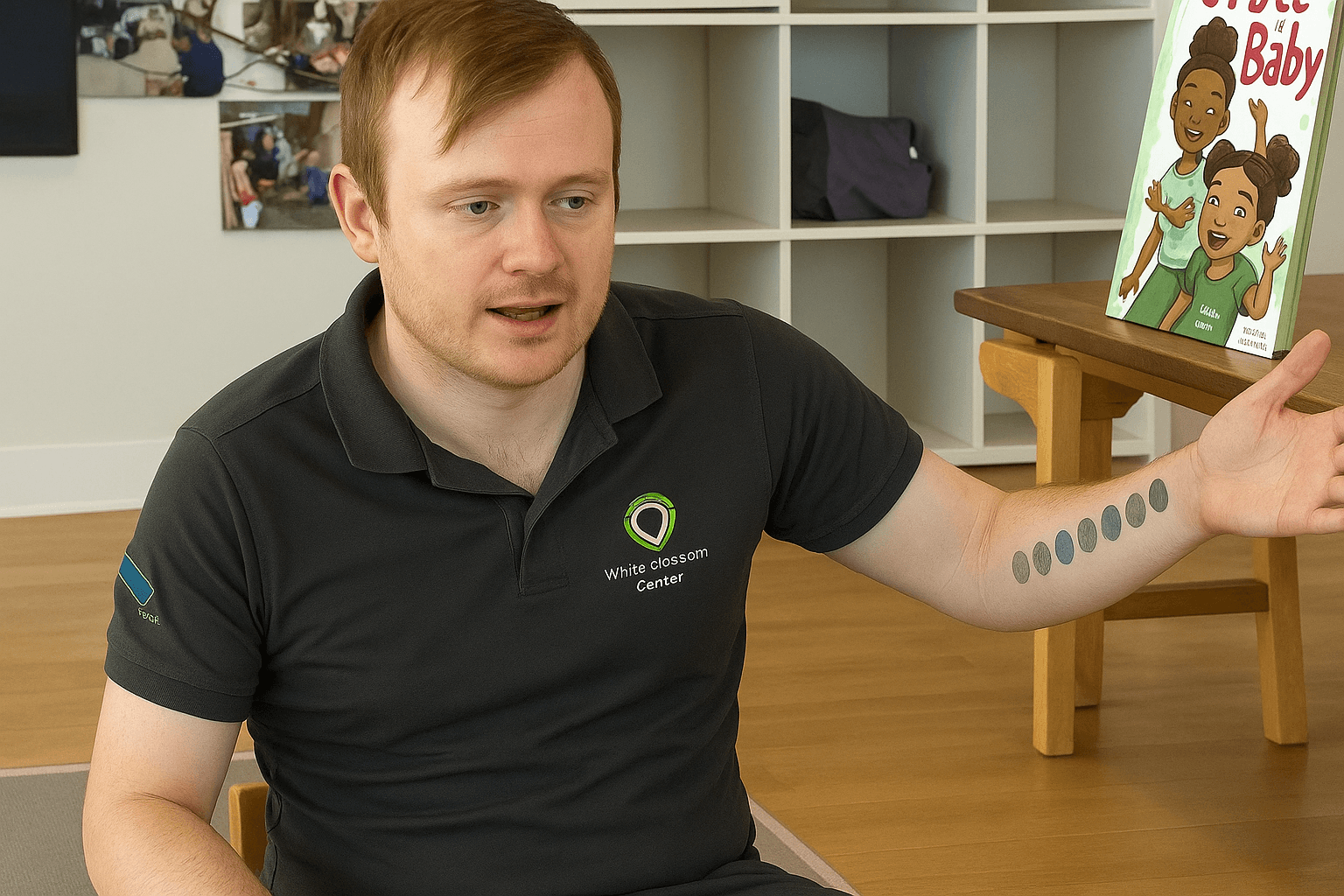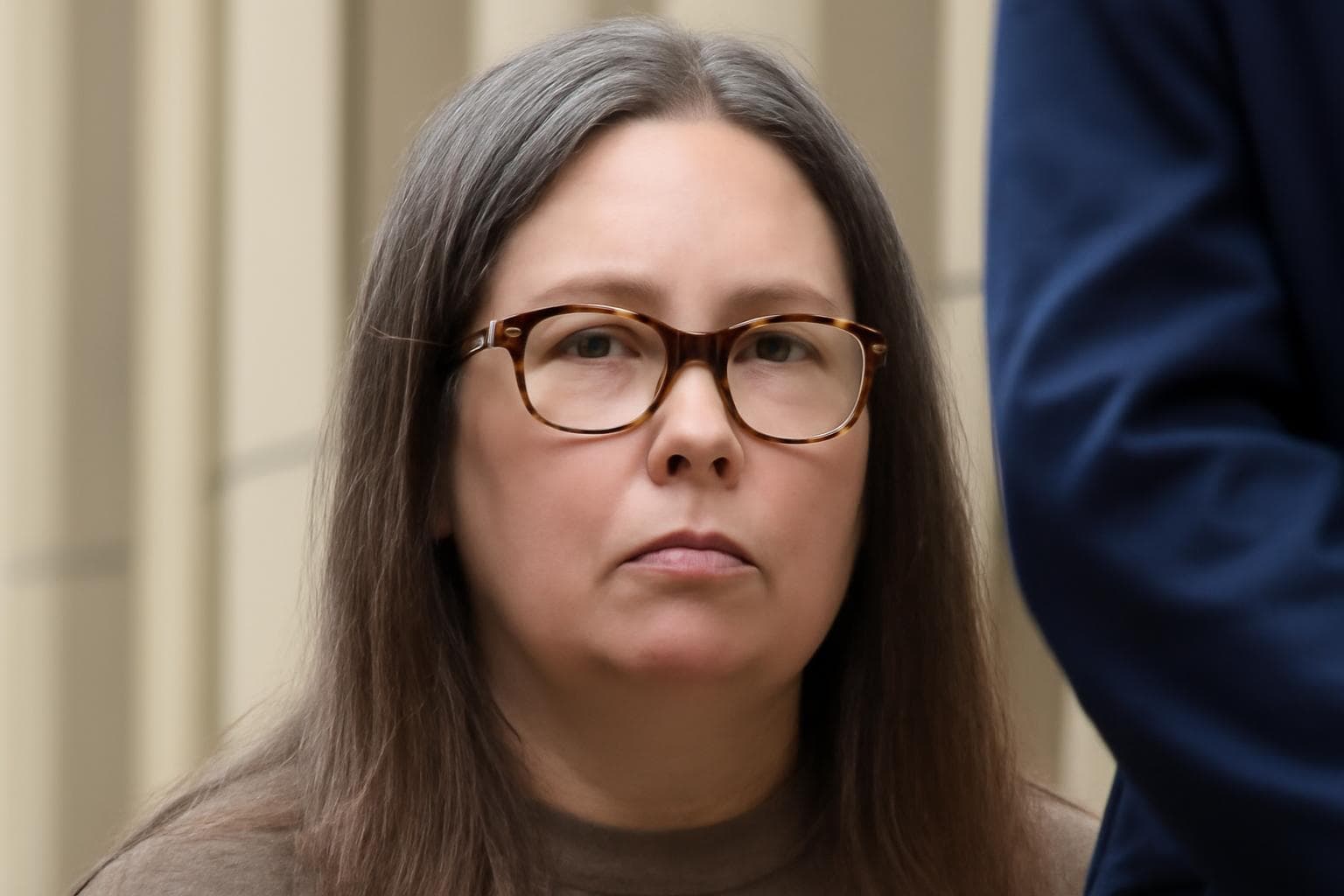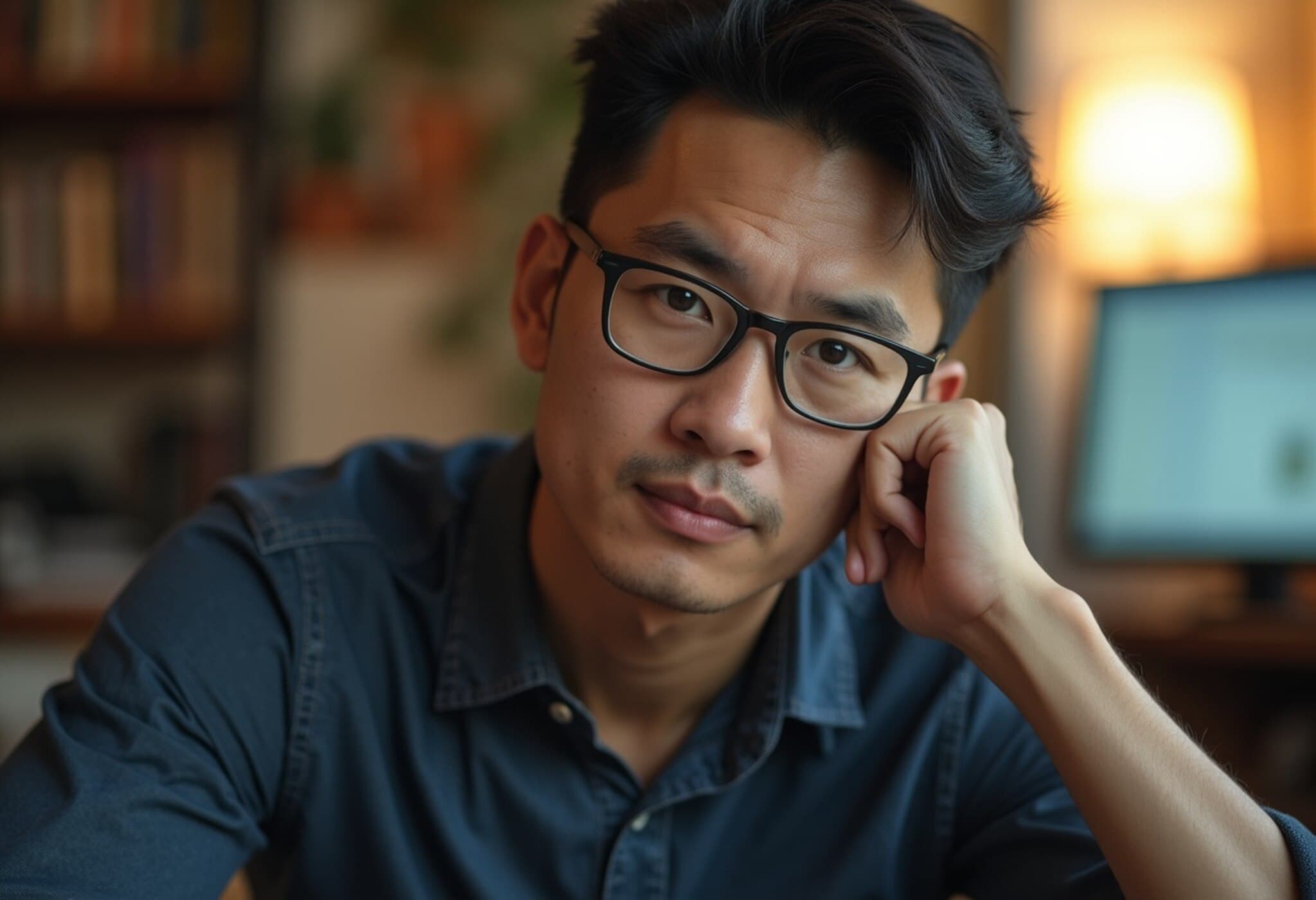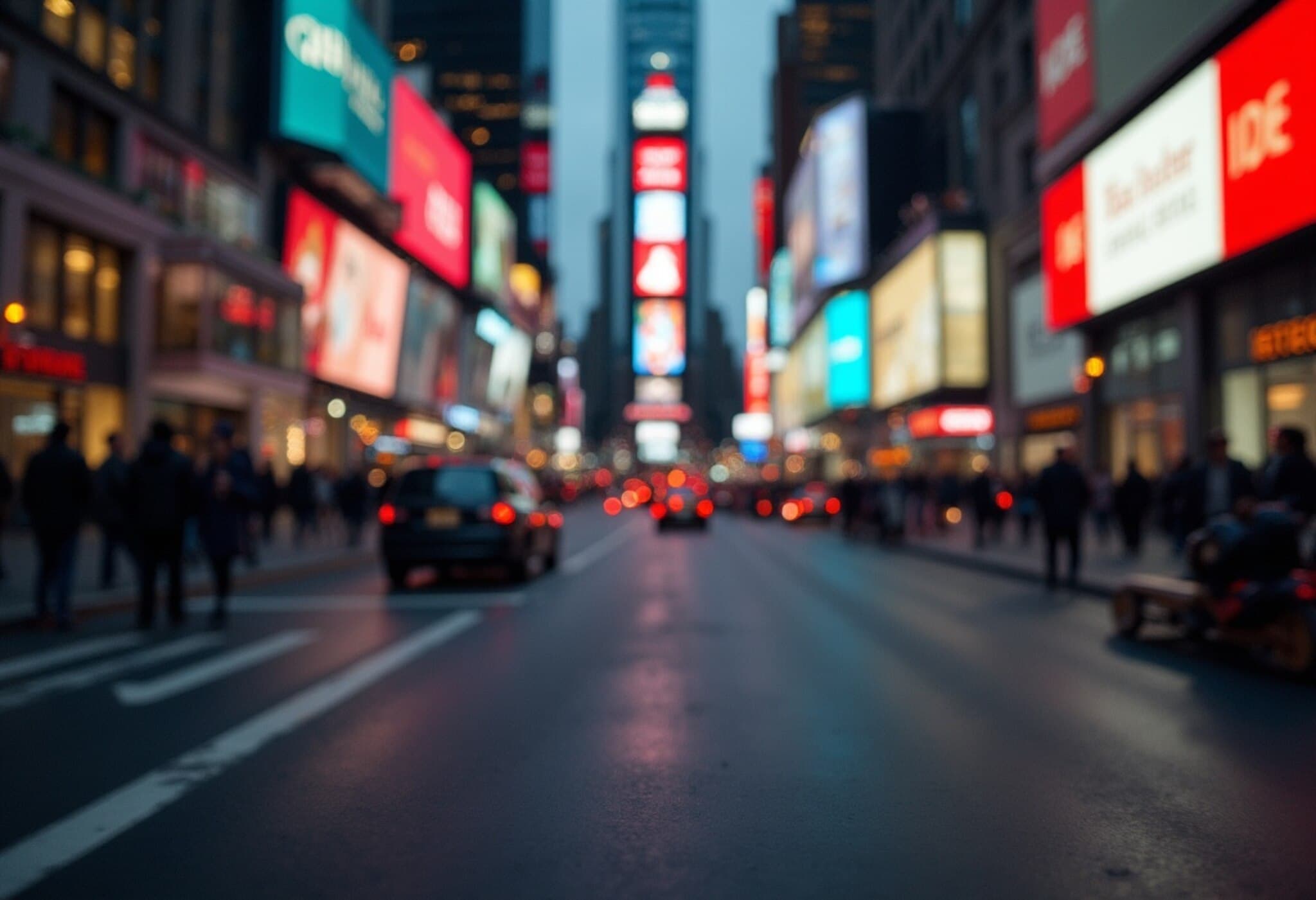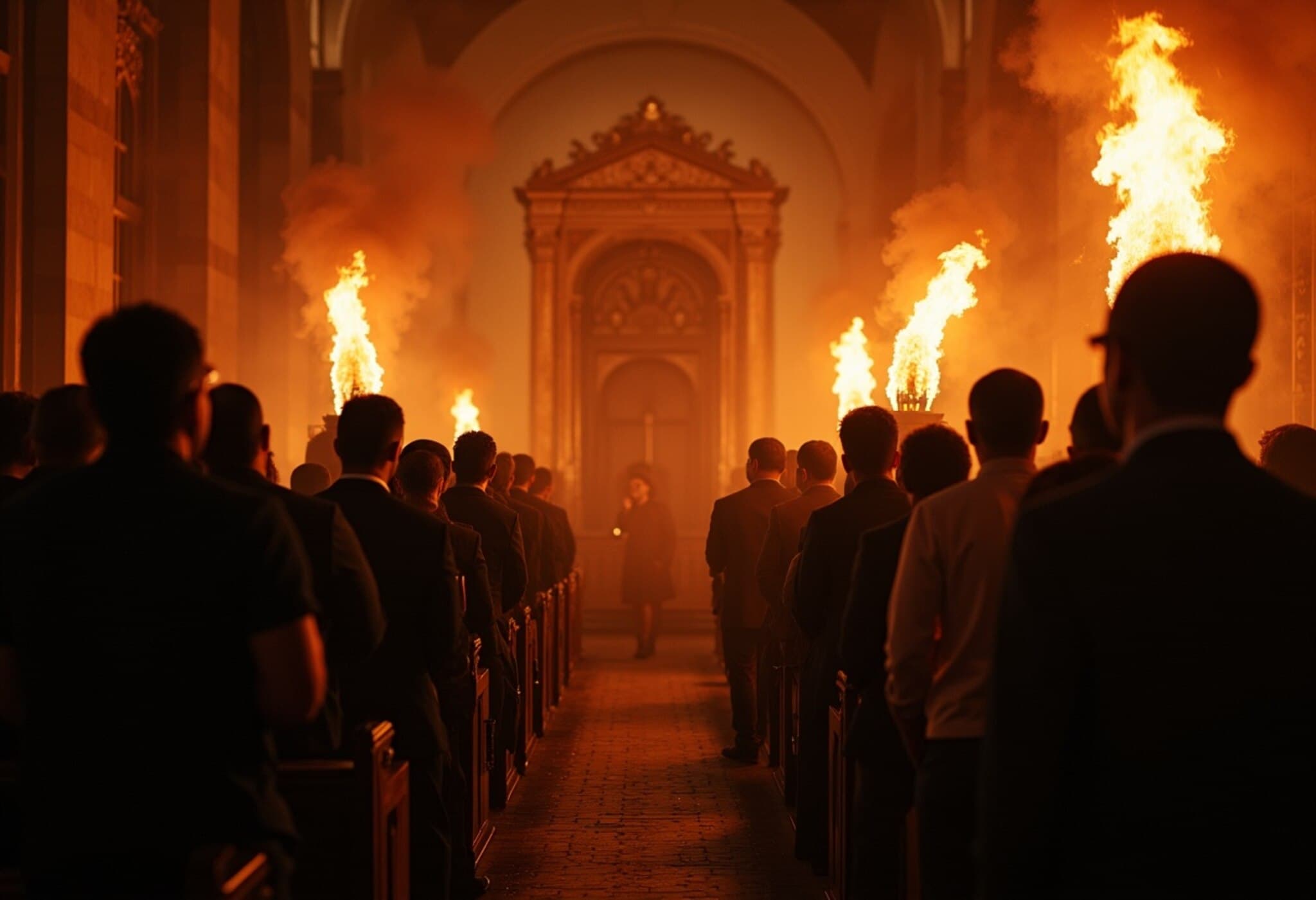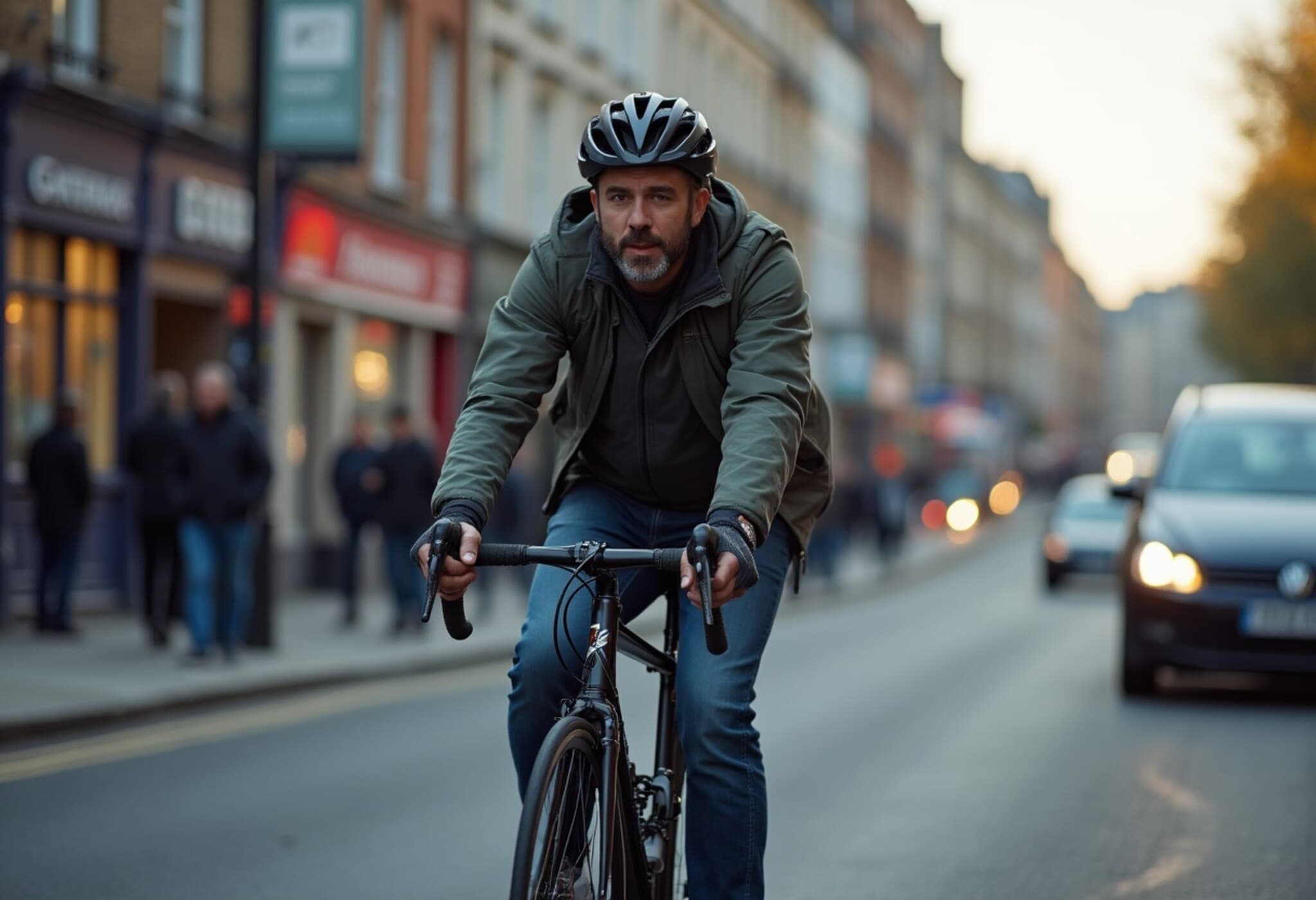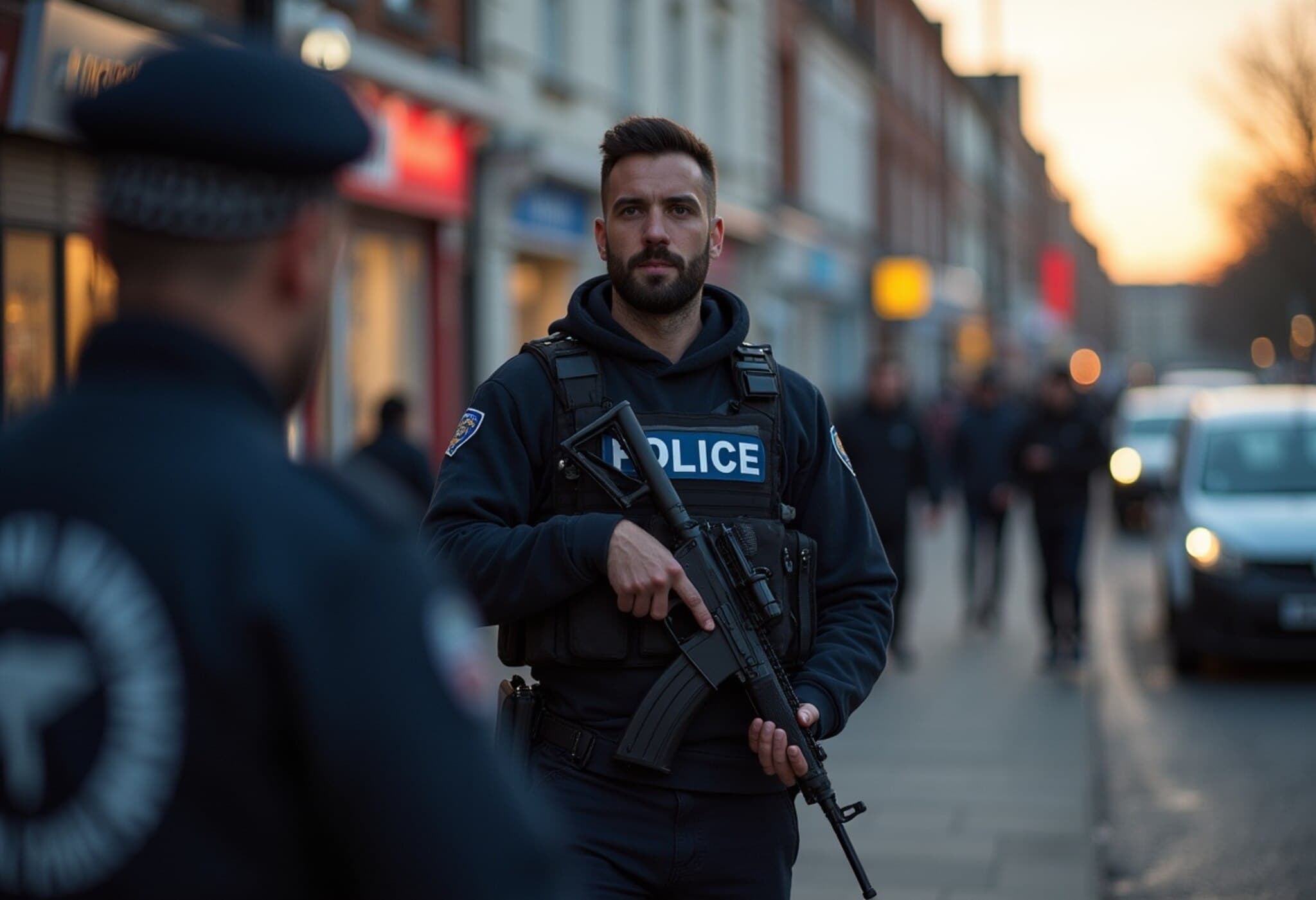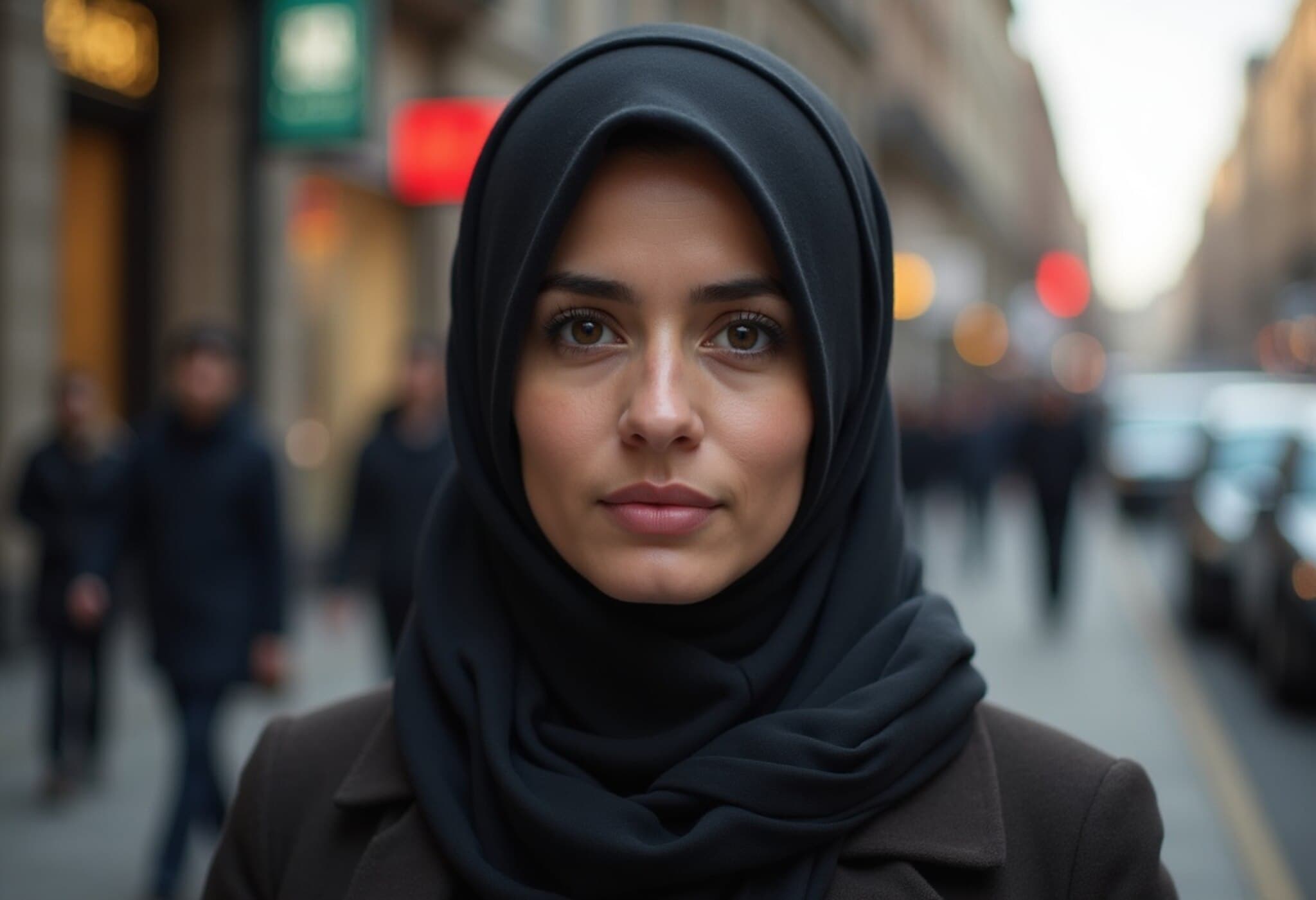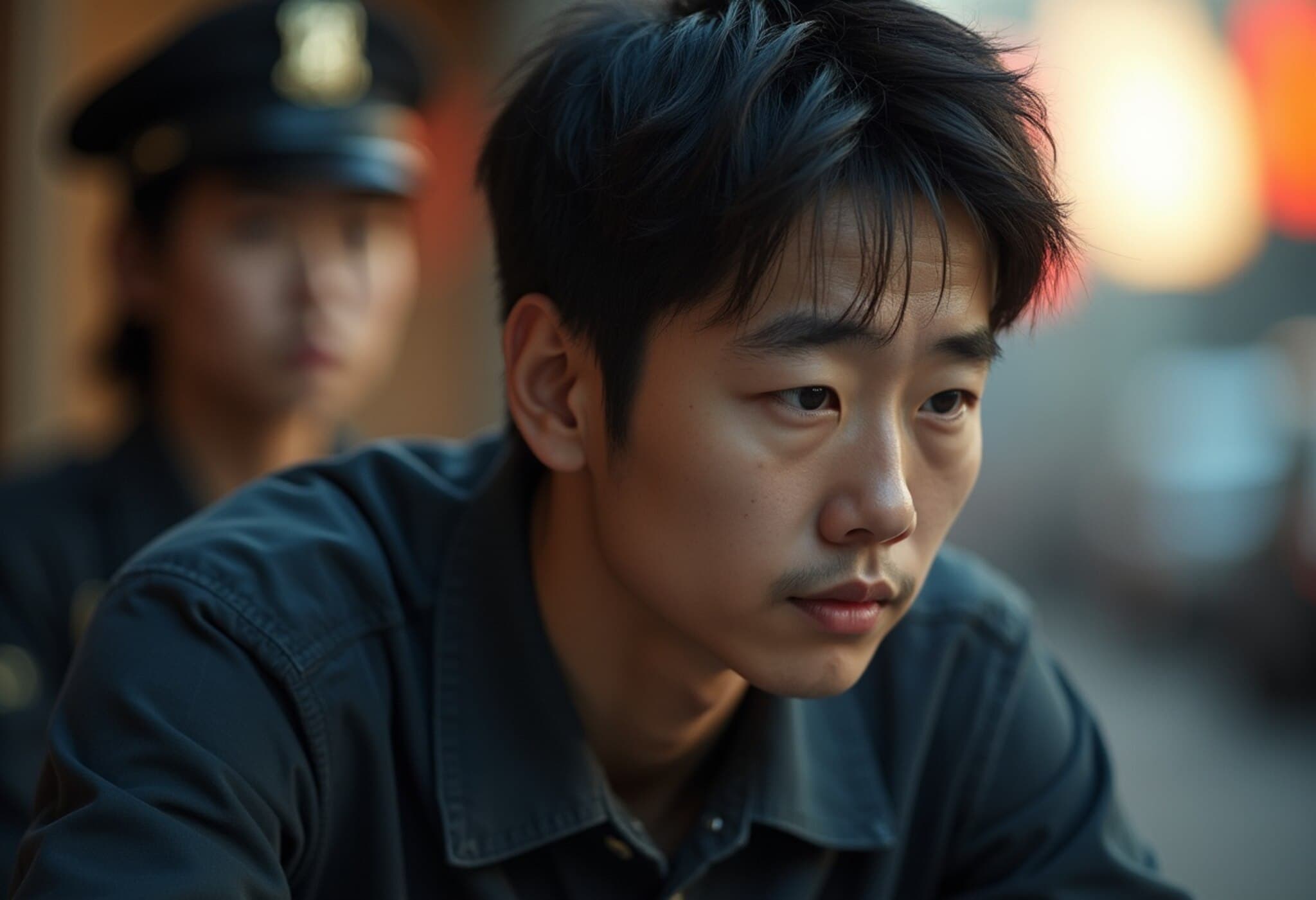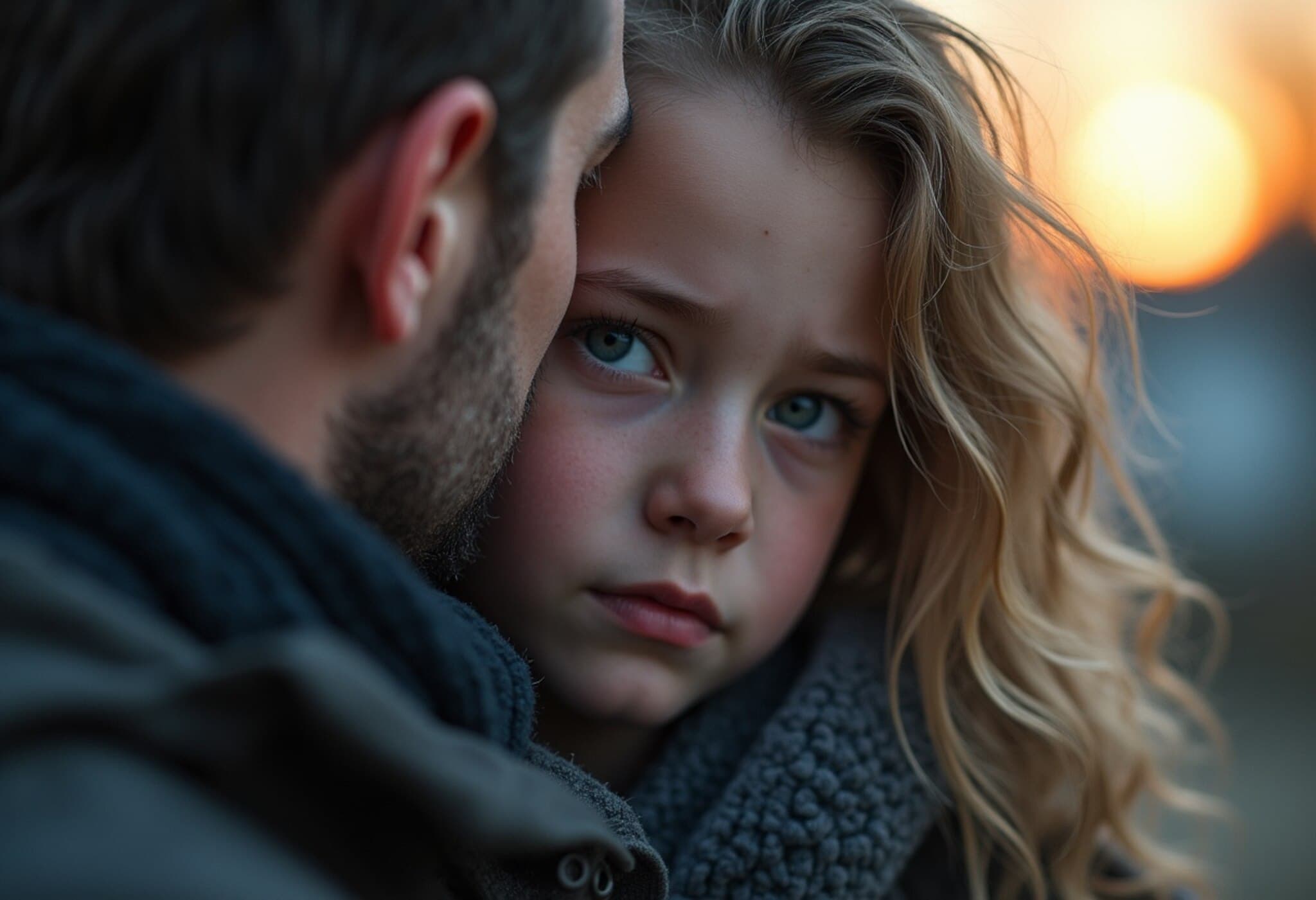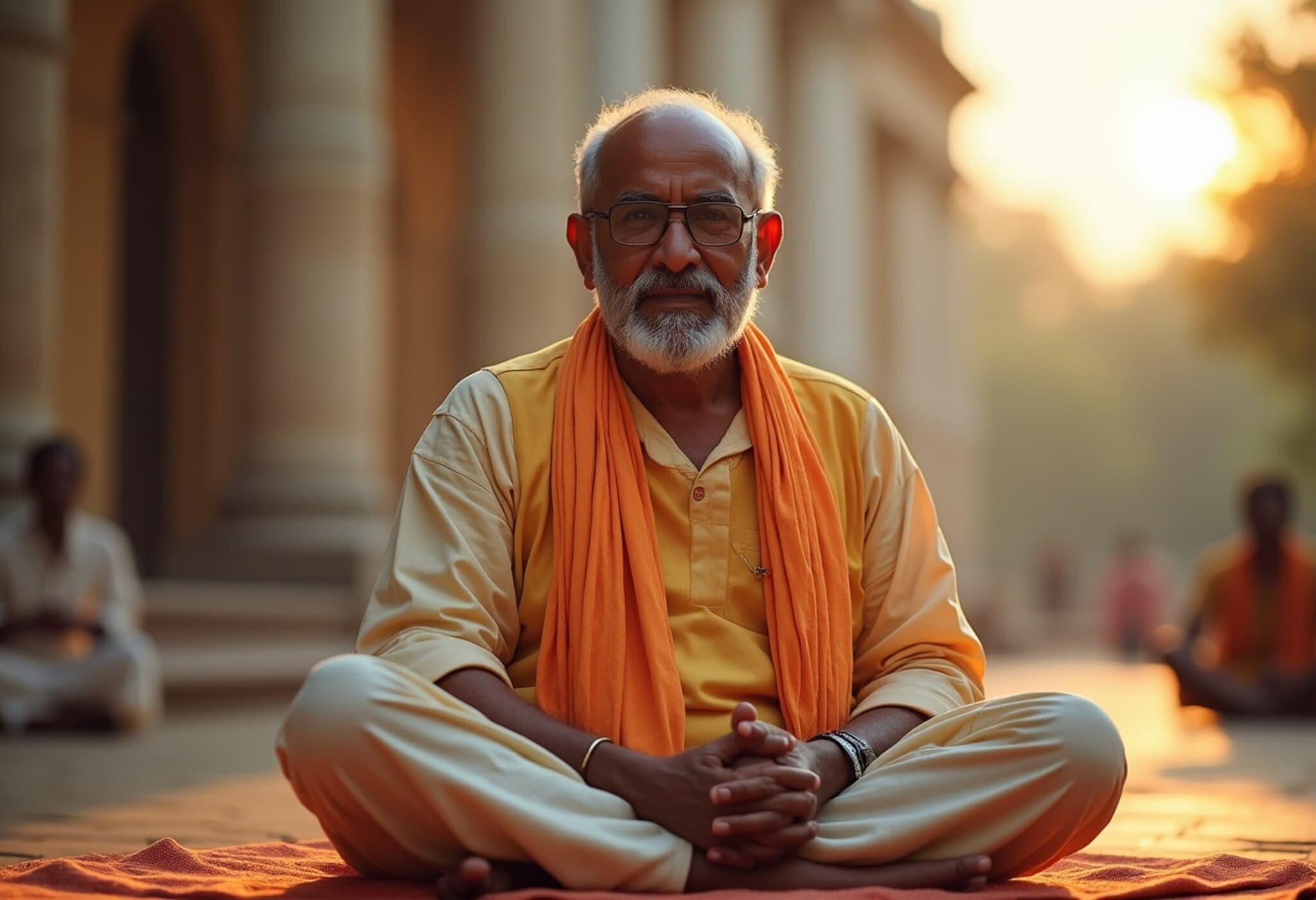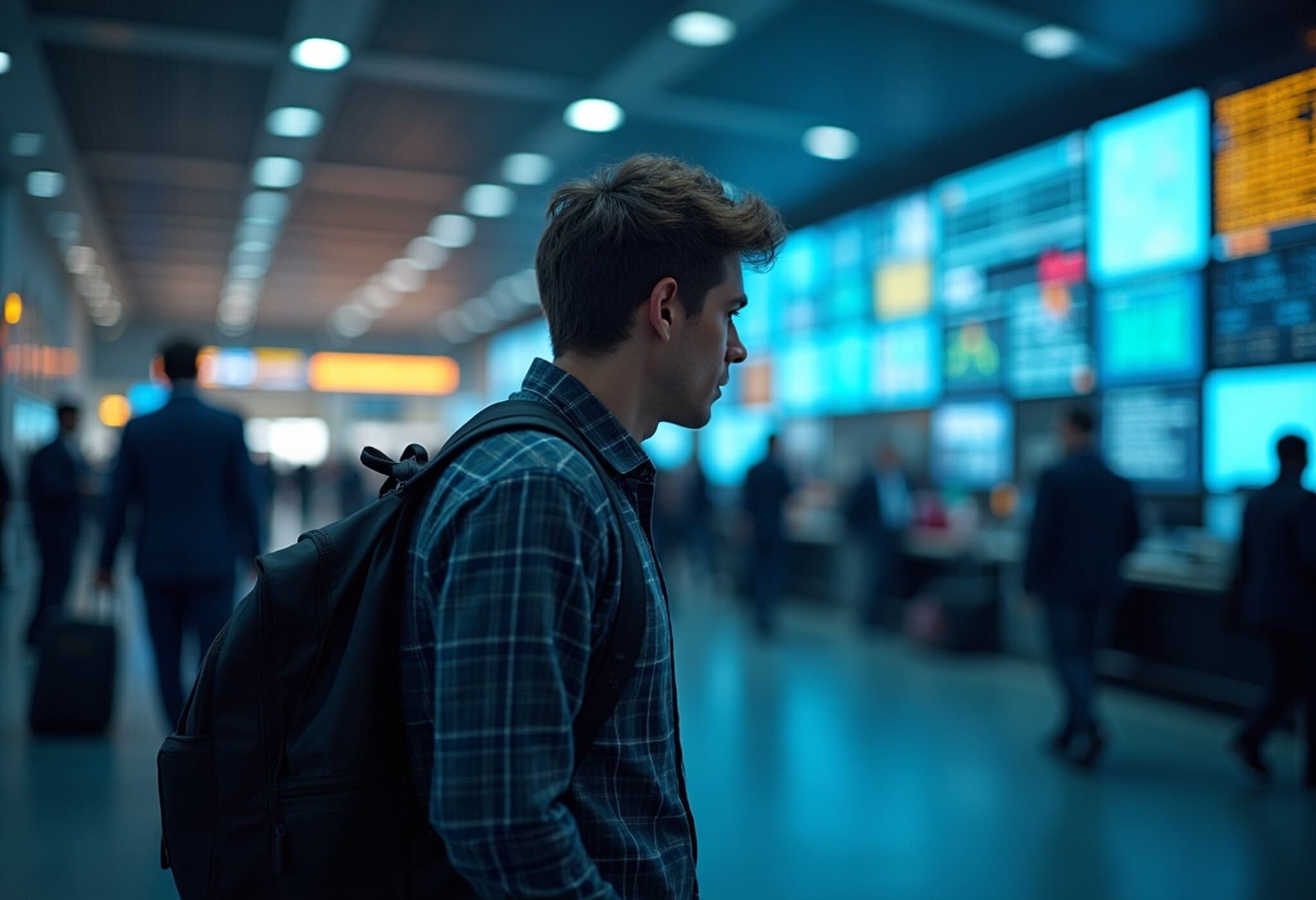Deadly Midtown Manhattan Shooting Linked to Rifle Purchase in Las Vegas
In a tragic incident that has shaken New York City, Shane Tamura, 27, carried out a deadly shooting at a Midtown Manhattan office tower, claiming four lives including an NYPD officer, before taking his own life. New details from authorities reveal that the AR-15-style rifle used in the massacre was legally purchased by Tamura's supervisor at the Horseshoe Las Vegas casino and subsequently sold to Tamura.
The Path to Violence: From Las Vegas to New York
According to the New York Police Department (NYPD), the weapon and the vehicle Tamura used to drive cross-country to Manhattan were both acquired from his supervisor. Police have clarified that the supervisor, who remains unnamed but cooperative, legally procured the rifle and sold it to Tamura for $1,400. Initial reports indicating only the sale of rifle parts have been corrected; full weapon transfer occurred, though the legality of the sale is still under scrutiny.
The Shooting Unfolded
- Tamura fatally shot three individuals in the office building's lobby.
- He then proceeded to the 33rd floor — home to the National Football League's headquarters and various corporate offices — where he took a fourth life.
- Before ending his rampage by committing suicide.
The attack has raised serious concerns about workplace security and gun control, especially in densely populated urban settings.
Victims and the Human Toll
Among those killed was Officer Didarul Islam, an NYPD officer with over three years of service, who was on duty with department approval inside the building when he was shot. The NYPD plans to hold a funeral for Officer Islam, honoring his sacrifice.
Other victims include Etienne and Wesley LePatner, an investment firm executive; funeral arrangements for them have yet to be announced. Another victim, an NFL employee critically injured in the shooting, is expected to survive.
Insights Into the Gunman’s Mindset and Background
Police discovered a haunting note on Tamura’s person that criticized the NFL’s handling of chronic traumatic encephalopathy (CTE), a degenerative brain condition linked to repeated head injuries—particularly compelling since Tamura was a former high school football player. The note revealed a deeply troubled individual blaming the NFL for not addressing the long-term brain health of athletes.
Another note, found at Tamura’s Las Vegas apartment, expressed distress over his perceived failure to meet his parents’ expectations and included a heartfelt apology to his mother.
Authorities recovered prescribed psychiatric medications, anti-epileptic drugs, and anti-inflammatory medicines, highlighting ongoing health challenges.
Signs of Mental Health Struggles and Legal Interactions
- Tamura had a history of mental illness, which police have confirmed though details remain limited.
- He was arrested in September 2023 for trespassing at a Las Vegas casino, a charge later dismissed.
- Despite these concerns, Tamura legally purchased a revolver just last month.
This raises unsettling questions about the adequacy of current mental health and gun control measures. Nevada’s recent red-flag law allows authorities or relatives to temporarily confiscate firearms from individuals deemed dangerous, yet no action was taken in Tamura’s case. A new law effective this month enhances police authority to seize guns from those under mental health crisis holds, but this too came too late.
Ongoing Investigation and Broader Implications
NYPD detectives are collaborating with Las Vegas law enforcement to dig deeper into Tamura’s background. They searched his casino locker and await warrants to examine his phone and laptop, intending to interview his parents to piece together his recent life trajectory.
The discovery of a rifle tripod, a revolver, ammunition, and other paraphernalia at his apartment points to a well-planned attack rather than a spontaneous act.
An Underreported Angle: The Intersection of Sports, Mental Health, and Gun Violence
Tamura’s expressed frustration with the NFL’s approach to CTE shines a light on a rarely discussed intersection—how brain injuries sustained in contact sports may contribute to mental health decline and potential violence. While research into CTE is evolving, communities and policymakers need to explore early interventions and support systems for former athletes.
What This Means for Urban Security and Gun Policy
The incident reverberates far beyond New York and Las Vegas, spotlighting critical issues:
- The loopholes in firearm transfers, especially when sold privately by acquaintances or supervisors.
- The tension between constitutional rights and public safety amid mental health concerns.
- The growing need for workplace security protocols, especially in high-profile buildings housing influential organizations like the NFL.
As cities grapple with these realities, there is an urgent call for enhanced collaboration among policymakers, mental health professionals, and law enforcement to prevent future tragedies.
Editor’s Note
This heartbreaking tragedy serves as a stark reminder that gun violence is a complex tapestry of individual struggles, public policy, and societal responsibilities. Shane Tamura’s case forces us to ask difficult questions about the effectiveness of legal background checks, mental health interventions, and the responsibilities of employers when employees have known risks. As investigations continue, we must reflect on how communities across America — from the neon-lit casinos in Las Vegas to the skyscrapers of Manhattan — can better detect warning signs and foster safety in all environments.

